We chose a small group of alumni and asked each one a question about their work. Their answers follow.
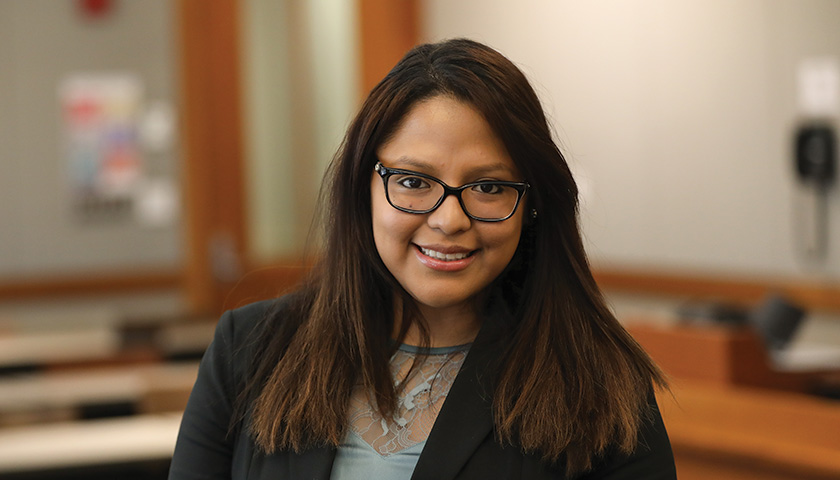
Leila Fajardo Giles JD'18
In the school’s Immigration Clinic, you helped a 16-year-old woman gain asylum. What led you to join the clinic and what was the case about?
My main role was preparing her for her asylum interview with the U.S. Citizenship and Immigration Services. I spent many hours helping her detail the severe abuse she suffered in her home country and preparing the legal argument for the case.
Fajardo Giles is an immigration law clerk at Barrales Law in Boston.
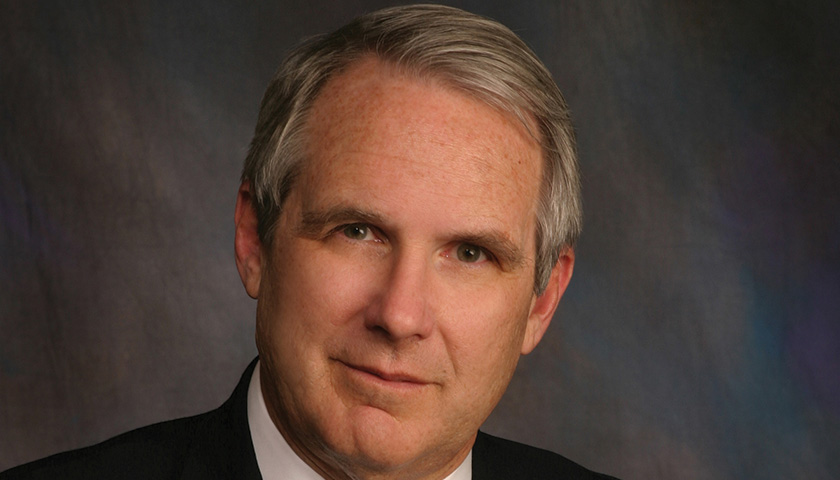
Paul Reiber
What is your central focus with the Conference of Chief Justices?
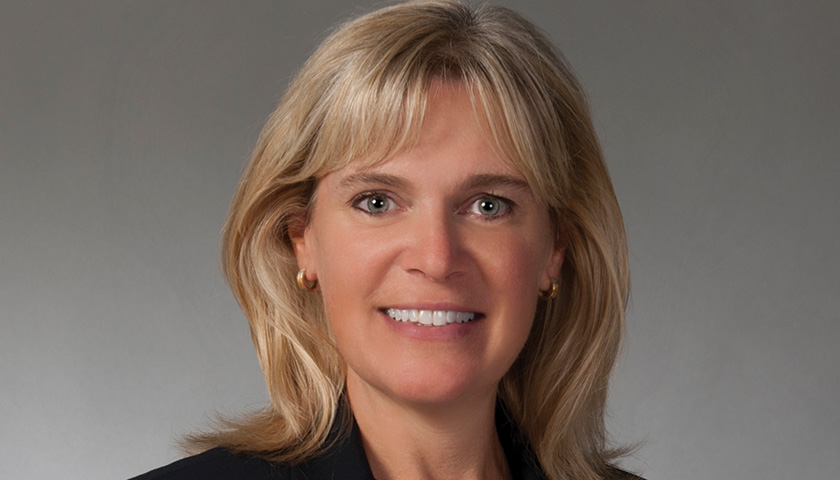
Jennifer Parent JD'95
Are there notable stories that stand out from your work with bar associations, either in New Hampshire or nationally?
Recently, one of many innovative National Conference of Bar Presidents’ programs included educating bar leaders about hackathons. The idea is to bring together lawyers and a diverse array of stakeholders to collaboratively work on tangible solutions to legal services problems. For example, the “Mansfield Rule” came out of a hackathon.
Editor's note: Law firms that pledge to follow the “Mansfield Rule,” modeled on the NFL’s Rooney Rule, require that at least 30 percent of the candidates for leadership and governance roles are women and minorities.
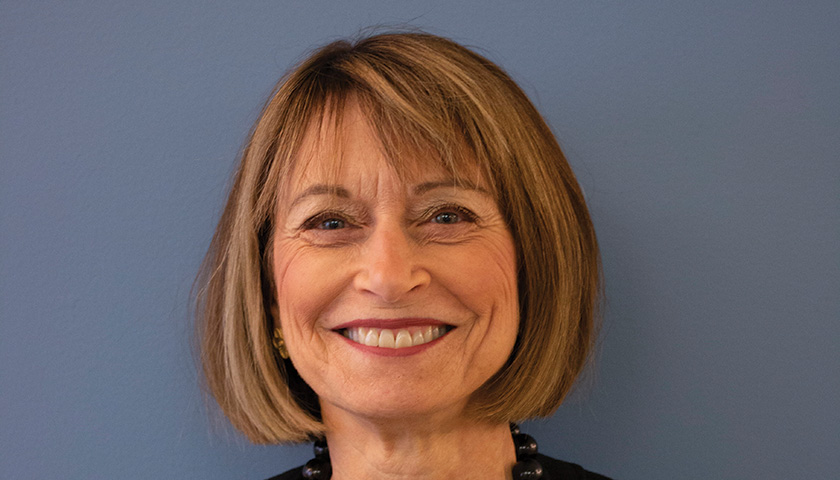
Deborah Marson JD'78
Iron Mountain regularly brings on Suffolk Law students for internships, and you’ve played a big role. What’s your take on mentorship?
I see a mentor providing meaningful advice about managing one’s career, defining goals, and helping move through work challenges. A lot of people at a company give advice on how to channel your skill set. They may tell you to “find a big project to highlight your skills.”
But sometimes advice isn’t enough. You need a sponsor to clear the way. A sponsor is willing to step off of the sidelines, spend some of her social capital, and take a risk to help someone move ahead.
If you have a good chemistry with a younger person or someone new to the field, someone who brings a combination of intellect, desire, leadership skills, and work ethic, you ought to consider taking on the more active role of sponsorship.
Marson is a member of the Dean’s Cabinet and served on the Suffolk University Board of Trustees for eight years. This fall, she received the Law School’s inaugural Marian Archer Trailblazer Award.
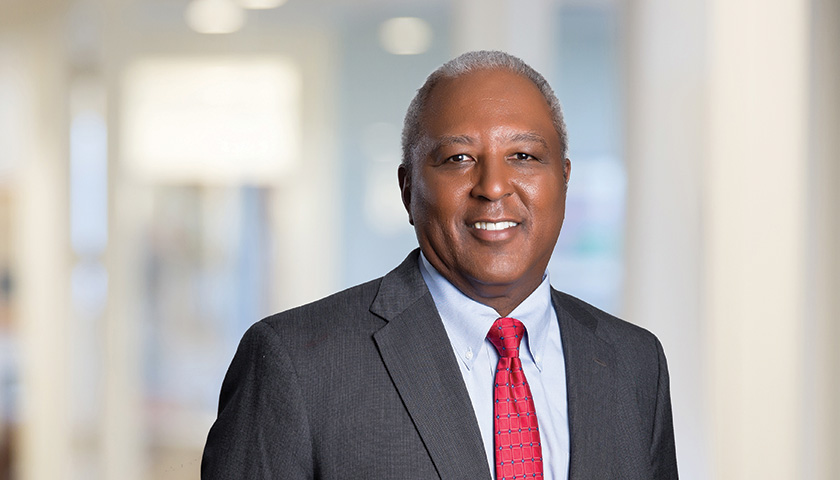
E. Macey Russell JD'83
In your opinion, what are the primary challenges that minority lawyers face in the profession?
As quoted in 7 Litigation Commentary & Rev. 75 (edited for brevity)
In December 2018, Russell was honored with the Boston Bar Association Voice of Change Award for advancing diversity and inclusion in the profession. He serves on Suffolk University’s Board of Trustees.
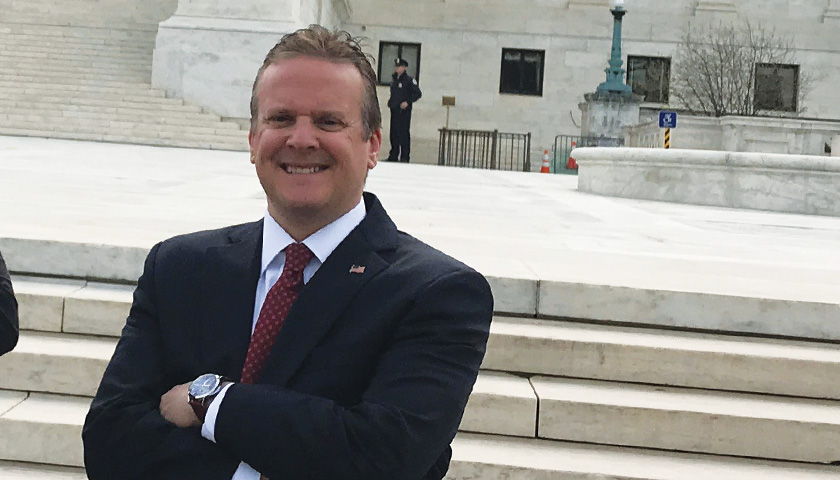
Jeffrey B. Rubin JD'98
Pereira v. Sessions is widely seen as an impactful decision. Tell us about it.
My client, Wescley Pereira, is one of hundreds of thousands of immigrants who received notices to appear in immigration court for deportation proceedings that had no date, time, or place listed. Immigration rules state that immigrants’ deportation may be waived if they can prove that they have lived in the U.S. for 10 years without significant breaks in their stay and if they have been of good moral character. The clock on your stay—working toward that 10 years—stops once you receive a notice to appear.
The Supreme Court agreed with us that a notice devoid of detail shouldn’t stop the clock, and that has meant that thousands of immigrants nationwide now qualify for relief and possibly thousands more will have their cases outright dismissed. Many, if not most, have no criminal record and are supporting families that have U.S. citizens in them. In an otherwise dark time with mass deportation, this case has been a huge bright spot.
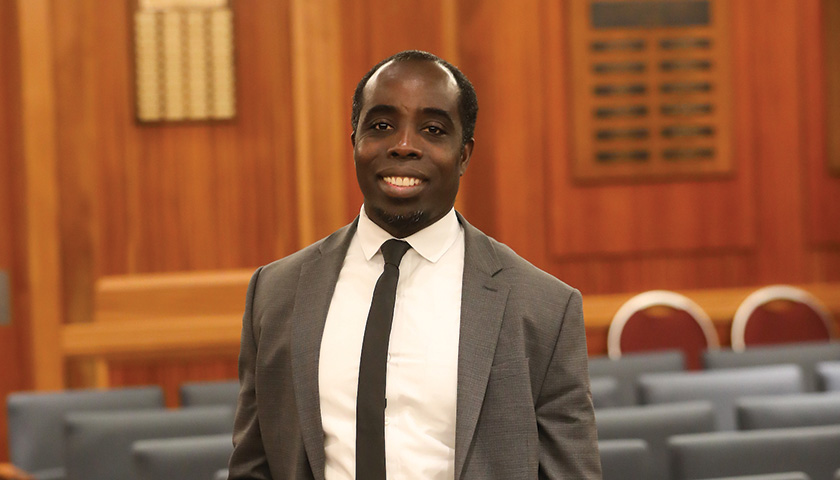
Kwabena Kyei-Aboagye, Jr. JD'09
One of the reasons you were selected to run Dwenase is your work on environmental projects there since the 2000s. Tell us about the projects and what you hope to accomplish.
One of the biggest challenges in the town is schistosomiasis, a disease second only to malaria in terms of its toll on human health, according to WHO. The disease causes anemia and malnutrition. Gold mining has polluted the river in the town, leaving large areas of the river stagnant and a breeding ground for disease. For many years, I have been working with engineering professors from the U.S. on studying the makeup of the water and identifying safe alternative spots where children can bathe. We've also been working on plans for returning the river to its natural flow, including reforestation along the banks.
One of my goals as chief is to move the people of the town away from the destruction of mining and instead encourage large-scale farming where we would grow cocoa crops and open a chocolate-producing factory.



